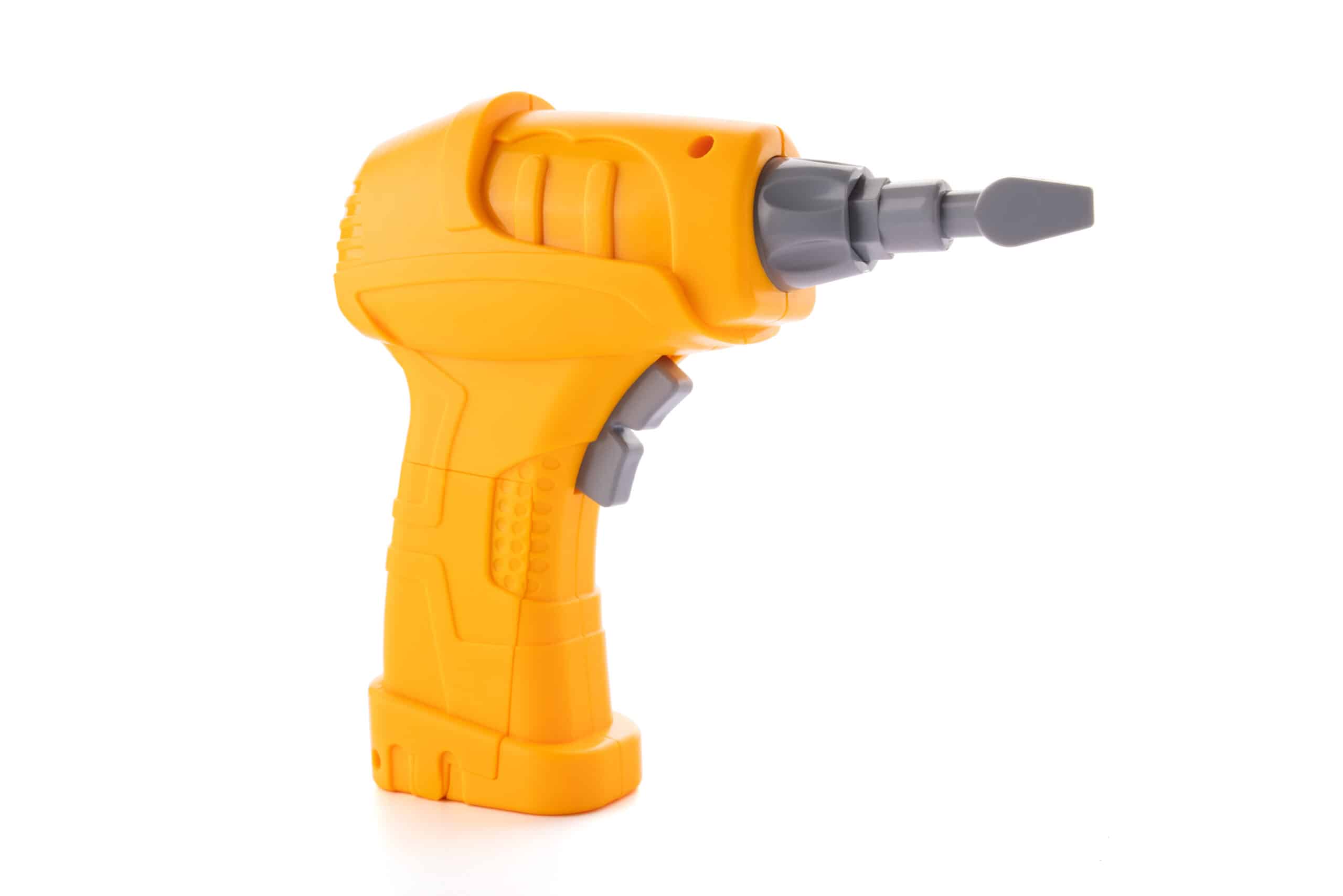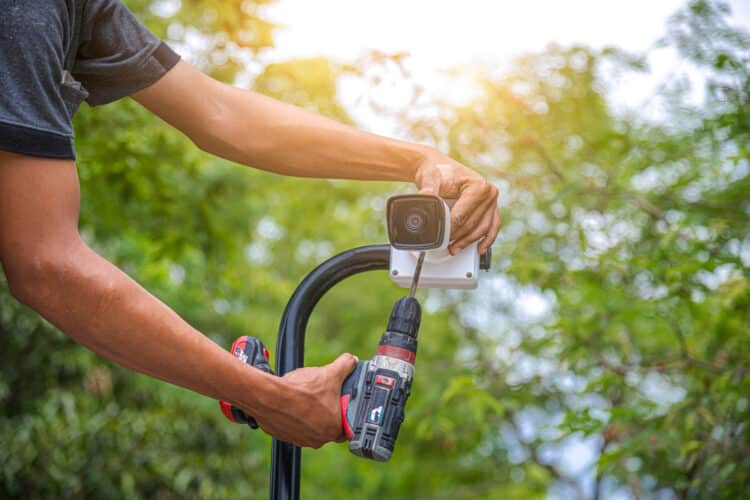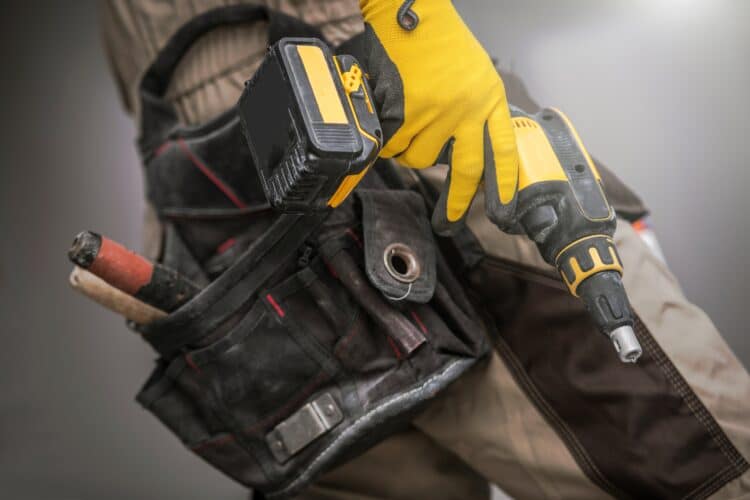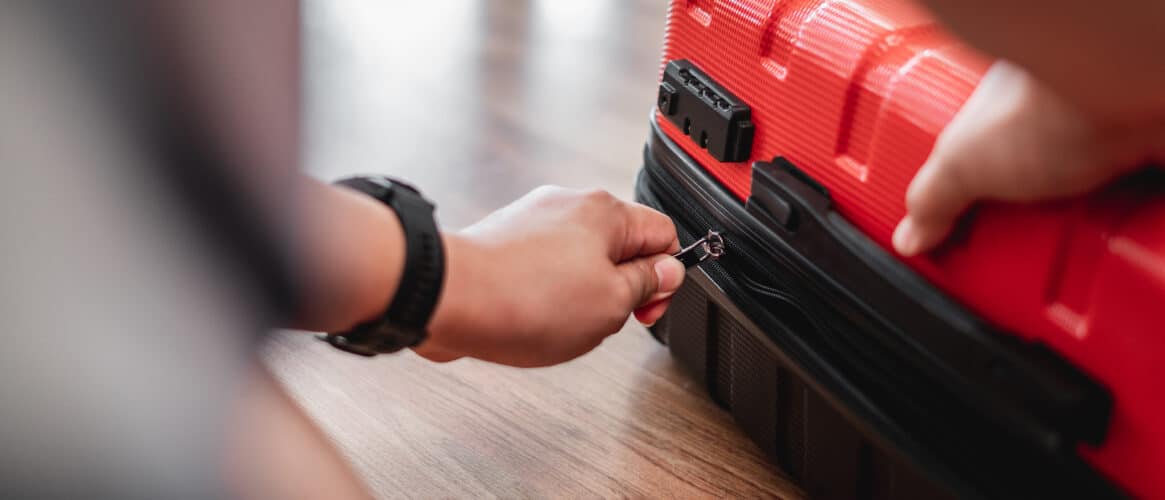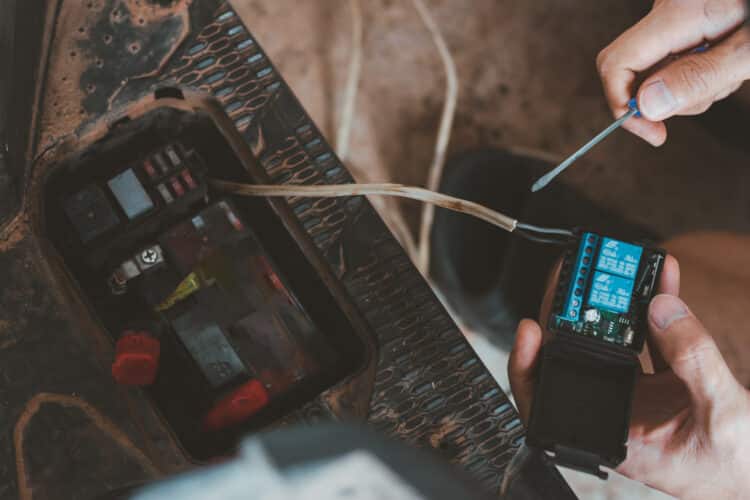Can You Use a Cordless Screwdriver Instead of a Drill?
Key Takeaways
- Cordless drills are more versatile and powerful, suitable for various tasks like drilling, driving screws, and more.
- Cordless screwdrivers can be used as a substitute for a drill for light drilling tasks in soft materials, but may struggle with larger holes or harder materials due to lower torque and speed.
- When using a cordless screwdriver as a drill, it is important to choose the appropriate tool for the task, select the right bit, and follow safety precautions.
If you’re someone who enjoys DIY projects or often finds yourself needing to install shelves, hang pictures, or assemble furniture, you might have wondered whether a cordless screwdriver can be used as a substitute for a drill. After all, both tools serve the purpose of driving screws into various materials. In this article, we will explore the similarities and differences between cordless screwdrivers and drills to answer the question: Can you use a cordless screwdriver instead of a drill?
Understanding the Differences
Before we delve into whether a cordless screwdriver can replace a drill, let’s first understand the key differences between the two tools:
- Tool Holder: A cordless drill has a chuck that can hold various drill bits and tools, while a cordless screwdriver has a hexagonal socket that accepts ¼-inch driver bits.
- Functions: Cordless drills are versatile and can be used for drilling holes, driving screws, polishing, sanding, mixing paint, and more. On the other hand, cordless screwdrivers are primarily used for driving screws and are not as versatile.
- Torque: Cordless drills generally deliver higher torque than electric screwdrivers, as they are meant for more demanding jobs. Cordless drills have higher power ratings with higher battery voltages, while electric screwdrivers have lower battery voltages.
- Speed: Cordless drills are designed to run at higher speeds, usually 1500 RPM and above, for drilling holes. Electric screwdrivers typically spin at a much lower speed, usually in the range of 0-400 RPM, for better control when driving fasteners.
- Size: Cordless drills are usually larger and bulkier compared to electric screwdrivers, making them less suitable for tight spaces and delicate jobs.
- Weight: Cordless drills are typically heavier than electric screwdrivers, which can make them more challenging to use for extended periods or for individuals with certain physical conditions.
- Battery: Both cordless drills and electric screwdrivers use lithium-ion batteries, but the voltage and ampere-hour ratings may differ. Cordless drills often have external batteries that can be easily swapped, while electric screwdrivers typically have onboard batteries that require the entire tool to be connected to the charger.
- Price: Electric screwdrivers are generally less expensive than cordless drills, but they offer less versatility.
Based on these differences, it is clear that cordless drills are more versatile and powerful, suitable for various tasks like drilling, driving screws, and more. Electric screwdrivers, on the other hand, are smaller, lighter, and more specialized, primarily used for driving screws in confined spaces.
Using a Cordless Screwdriver as a Drill
While cordless screwdrivers are primarily designed for driving screws, they can be used as a substitute for a drill to some extent. They are suitable for light drilling tasks such as drilling small holes in soft materials like drywall or thin wood. However, they may struggle with larger holes or harder materials like metal due to their lower torque and speed compared to drills.
It’s important to note that cordless screwdrivers typically have only one speed and may not have adjustable torque, which limits their versatility. Additionally, they may not have the same durability as dedicated drill bits, potentially leading to quicker wear and tear.
Therefore, if you have a small drilling task or need to make pilot holes for screws, a cordless screwdriver can be a convenient option. However, if you anticipate heavier drilling needs or working with tougher materials, it is advisable to invest in a dedicated cordless drill for optimal performance.
Considerations when Using a Cordless Screwdriver as a Drill
When using a cordless screwdriver as a drill, there are a few important considerations to keep in mind:
- Task Selection: Choose the appropriate tool for the task at hand. Use a cordless screwdriver for light drilling tasks and a drill for heavy-duty drilling.
- Bit Selection: Select the right bit for the job. Use twist bits for drilling and screwdriver bits for driving screws.
- Safety: Wear appropriate safety gear and follow safety precautions when using any power tool.
By considering these factors, you can ensure a safe and efficient drilling experience, whether you are using a cordless screwdriver or a dedicated drill.
Related Websites:
FAQs:
Q: What are the primary functions of a cordless drill?
A cordless drill is primarily used for drilling holes and driving screws. It offers versatility for various tasks and provides the power needed to handle different materials.
Q: What are the key differences between a cordless drill and a cordless screwdriver?
While both tools serve similar purposes, a cordless drill is more powerful and versatile compared to a cordless screwdriver. It can handle heavier-duty tasks and offers adjustable speed settings, clutch mechanisms, and larger chuck sizes for enhanced control.
Q: Why is battery life and runtime important in cordless drills and screwdrivers?
Battery life and runtime are crucial factors to consider as they determine how long you can use a cordless drill or screwdriver before needing to recharge. Longer runtime can be advantageous for tasks that require extended periods of work without interruptions.
Q: What are the ergonomic features to consider in cordless drills and screwdrivers?
Both cordless drills and screwdrivers should have ergonomic designs that prioritize comfort during use. Factors such as weight, grip, and handle design can impact usability and reduce fatigue during prolonged use.
Q: When should I choose a cordless drill over a screwdriver?
A cordless drill is more suitable when you require power, versatility, and control. It is ideal for tasks like drilling holes in various materials, driving screws into tough surfaces, and handling heavier-duty applications.

